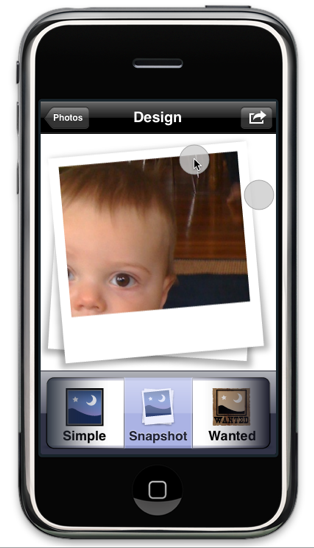Blog The First Draft
October 26th, 2010MarsEdit users sometimes sheepishly admit that they aren’t blogging as much as they “should” be. Excuses vary, but it usually boils down to the classic issue afflicting all of us who try to stick to a productive routine: we simply fall out of the habit.
Long time readers of this blog will note that I’ve had my dry periods as well. But watch closely: I’m blogging now about a thought I had just earlier this evening, while reading Twitter updates and responding to them. Colin Barrett complained that his perfectionism is limiting his blogging:
I plan to write more; I think my @secondconf talk on freelancing would work well as a series of posts. Just gotta get past my perfectionism.
I’m incredibly familiar with this line of thinking. In fact, it’s a variant of the indefinitely postponed software releases that I just wrote about. I read Colin’s tweet and, before I had even noticed that the neurons in my brain were firing, I had responded with a bit of encouragement:
@cbarrett The modern business model for solo writing is to blog your first draft and sell your final.
I’m referring to the fact that very few blogs are edited to the level of professionalism you might find in literary or scientific journals. On the contrary, some of the web’s most celebrated bloggers have let their essays loose in a semi-rambling form, only to piece them together later into a more refined, salable volume. Rands in Repose and Joel on Software spring to mind in the techie world, while writers such as Heather Armstrong and Julie Powell turned their respective parenting and cooking blogs into million-dollar enterprises.
The ever-so-thinly veiled message? Don’t worry so much. Just blog it. If you are among the lucky few who achieves perfection effortlessly, then by all means carry forth. The rest of us are lucky if we coerce a unit of coherent thinking out our brains and onto the web. Perfectionism? Your editor will help you achieve it after you’re famous.


